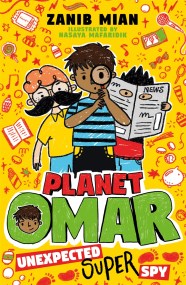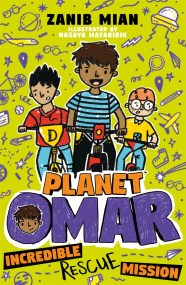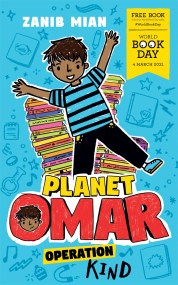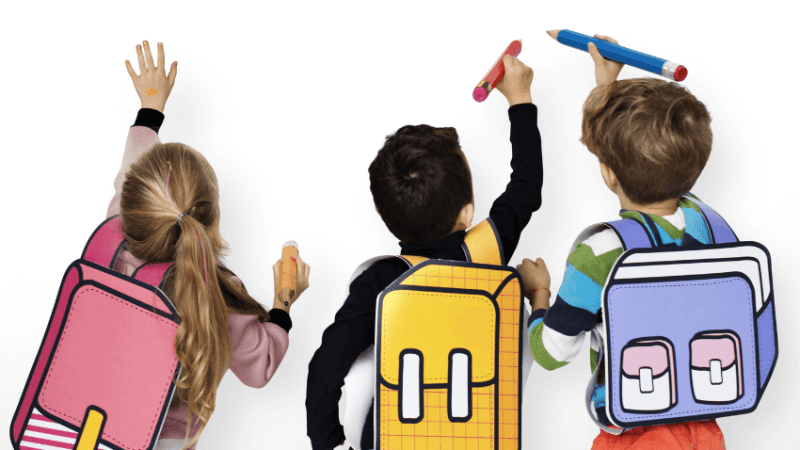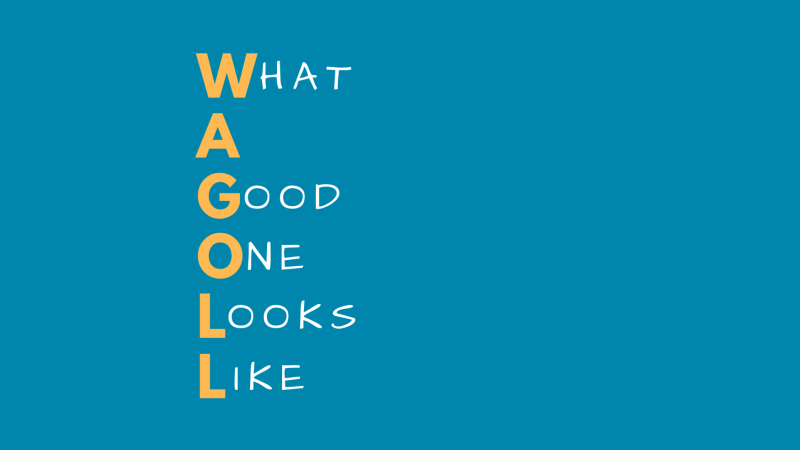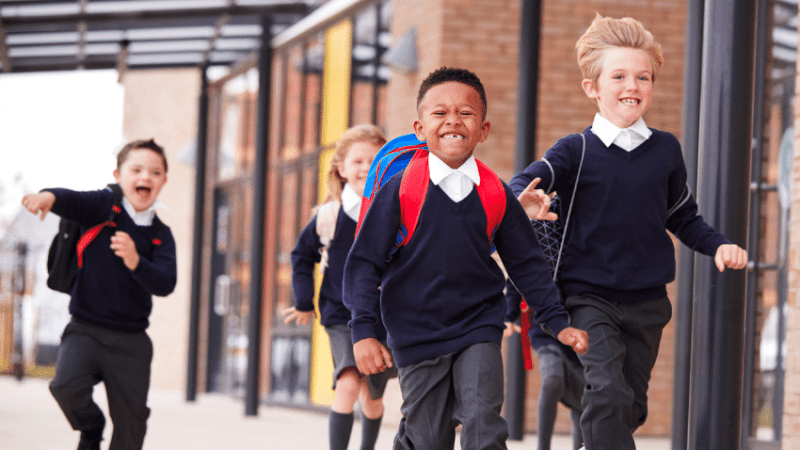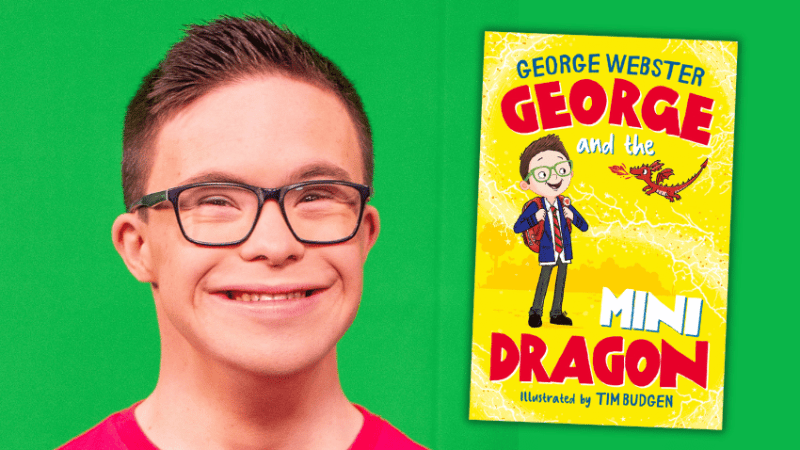Inclusive schools – Muslim children’s books like Planet Omar can have a huge positive impact on pupils’ relationship with reading
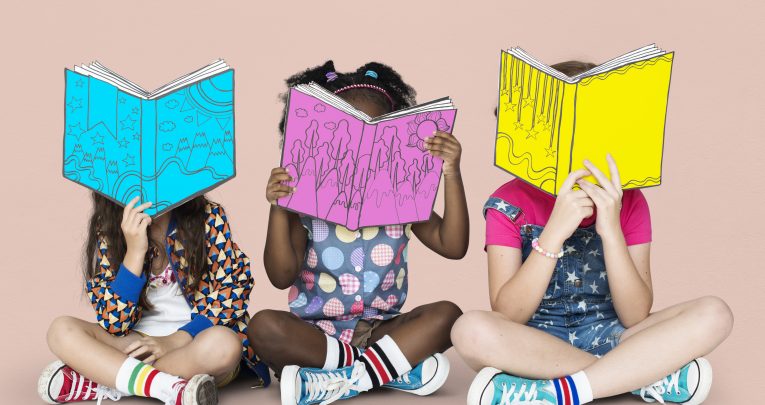
It's essential that all children know that they can be the heroes in stories too, says Zanib Mian…
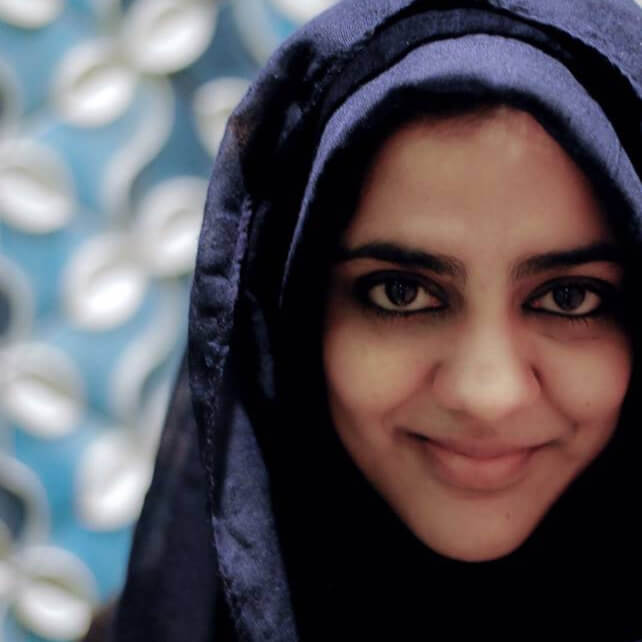
- by Zanib Mian

My sister, a primary school teacher, poked me at the dinner table one evening.
“Your fault!” she said, “I keep hearing giggles and whispers in the classroom and when I investigate, it’s them sharing a funny bit from your book under the table!”
“Hah – fantastic!” I smiled proudly.
My sister added, “I’ve never had that before with a book. It’s been doing the rounds.” She teaches at a school in Camden with a high proportion of Muslim students.
Their love for my book, Planet Omar, stemmed from being able to relate so much to the family depicted in it.
It gave me heaps of pleasure to hear of the classroom shenanigans Omar had stirred up – young readers were seeing themselves in a book that they really enjoyed.
They saw a family much like theirs, doing the everyday things they do.
It wasn’t a textbook that only spoke about their culture in a boring way, to teach others. Instead, it was funny and real life and at their school for all to read.
Culturally diverse children’s books
This wasn’t something that I experienced in childhood. When I was young, people like me simply weren’t in story books.
I don’t have many memories from when I was a little girl in Y1, but I remember the following incident so vividly – perhaps because it was such a strange thing.
Our teacher had asked us to draw pictures of ourselves. I finished colouring mine in and marched over to present it to her, proudly.
But the teacher said: ‘You haven’t coloured your face in.’
So I grabbed a white crayon and coloured my face in and went back to my teacher.
She said that it was all wrong, but I didn’t understand why. I was lost. I didn’t get it at all. People in pictures always had white faces.
Sadly, some 30 years later, I still don’t see enough black, Asian and minority ethnic characters as the main protagonists in children’s fiction.
CLPE’s 2019 Reflecting Realties report found that although BAME pupils make up 33.1% of the school population in England, only 4% of books published in 2018 featured a BAME protagonist.
Trending
This increased from 1% the year before, so things are changing slowly.
Publishers and book charities are now, I feel, really getting behind bringing readers books that represent everyone. This is reflected in the fantastic line-up of books for World Book Day 2021 – one of which, I’m thrilled to say, is Planet Omar.
Planet Omar
I think it is essential that all children know that, like Omar, they can be the heroes in stories too. My sister’s students only affirmed what I had always believed – everyone needs to see themselves in books.
This was the whole reason I gave up a career in teaching biology A-level and GCSE science so I had more time to write.
Those children had felt represented in a book in their school environment, and it had a huge positive impact on their relationship with reading and also on how understood and welcome they felt in their world.
This was a book they could find at the school library, see on the shelves in Sainsbury’s and Waterstones and talk to their friends about – even friends of other faiths or no faith.
They could talk about their mum’s hijab or how they stop everything they are doing multiple times in the day to pray, the same way Omar’s family does.
They know that their non-Muslim friends love Omar for the same reasons they do; because he feels like their friend and themselves, all at the same time.
Just like them, he comes from an ordinary family, full of all the typical silliness, sibling fights, giggles and mischief.
Inclusive school
Inclusive stories are not only written for people to see themselves in books. They are also a perfect medium for teaching children about diversity and race.
They provide a safe environment for children to find the answers to questions they’ve always wondered about, but never really had the courage to voice: why do Muslim women wear hijab?; why do Muslims fast?; what are families with different cultures actually like?
Classrooms are the most important places children can find books that represent. Hooray to all of the wonderful, life-changing teachers who go above and beyond to source the kinds of books that build bridges, break down barriers and make the world a better place.
Zanib Mian is the author of the Planet Omar series, published by Hodder Children’s Books. Find her on Twitter at @zendibble.





